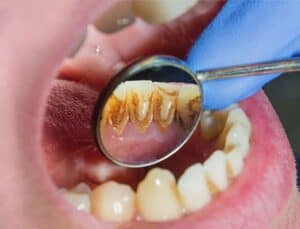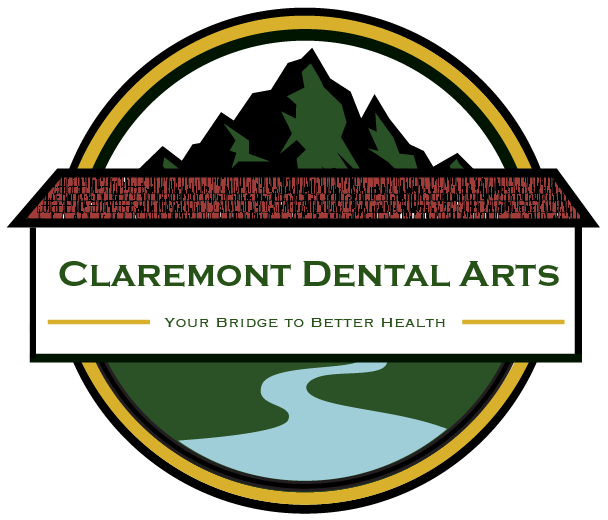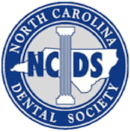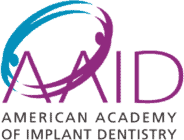
We want our smiles to project health and confidence by being bright and shiny. And while some folks seem to have naturally white and brilliant teeth, others of us are not so lucky. The fact is that while pearly whites are ideal, teeth can become discolored for a number of reasons. Discolored teeth are nothing to be ashamed of, but you may want to have them whitened anyway or to prevent them from becoming discolored again in the future. So with that in mind let’s dive into what causes discolored teeth, how you can prevent teeth from becoming yellowed or discolored, and how you can help restore your teeth’ natural whiteness.
While some of us have naturally yellow or off-colored teeth, many folks have their teeth discolored due to their behaviors or habits. Here are some of the more common things we do that cause our teeth to take on discoloration:
- Food and drink are the most common culprits when it comes to discoloration teeth. Darkly colored beverages like red wine, black tea, and coffee can over time leave teeth with dark stains or discoloration. Likewise, acidic beverages like sodas and some fruit juices can weaken the enamel of our teeth and cause them to take on discoloration. Foods with strong colors–Currys containing turmeric are a prime example–can also stain or discolor teeth.
- Smoking or other tobacco use is deleterious for all aspects of our health, and a powerful cause of discolored teeth. There are substances in tobacco that adhere to the teeth and build up over time, creating stains that can be difficult to remove.
- Dry mouth occurs when the mouth does not produce enough saliva, which can result in damage to the teeth including discolored teeth. Saliva serves many purposes, including remineralizing the teeth by allowing needed minerals to absorb into the enamel and dentin. Without saliva, enamel weakens and can take on discolorations and stains.
- Some medications can result in discolored teeth. These include some commonly used antibiotics, which can change your body’s chemistry just enough to result in stains, discolorations, or other damage to the teeth.
- Heavy fluoridation of drinking water can discolor teeth as well. While Fluoride, in general, is good for our teeth and gums, in excess quantities it can lead to discolorations or vivid stains or blotches on the teeth. Young people are especially prone to fluoride staining.
So with those causes in mind, what can we do to prevent and treat discolored teeth or stained teeth? Some of the answers are obvious: we should avoid tobacco, limit the consumption of coffee, tea, wine, or discoloration foods, and maintain good brushing and flossing habits. A healthy diet filled with plant-based foods goes a long way towards preventing discolored teeth, as does maintaining our overall health.
However, discolored teeth can still occur, and we may want to seek treatment for them. While whitening toothpaste and over-the-counter whitening treatments are widely available, they aren’t as efficient or effective as a professional whitening treatment done by your dentist. An in-office treatment can deliver better results more easily, with much less muss and fuss. If you’re interested in having your teeth whitened, give us a call today. Our friendly staff will guide you through the process of making an appointment and get you started on the road to your best possible smile.




